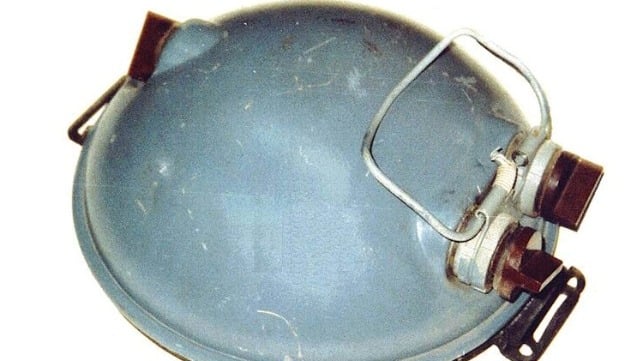Report: Two Attacks on Russia-Linked Tankers Were Caused by Limpet Mines

At least two recent explosions affecting tankers in the Mediterranean this year can be explained by limpet mine attacks, three security sources told Reuters this week.
Five tankers have been damaged in suspicious incidents over the last two months, and all vessels were linked to a recent history of Russian port calls.
Overnight on February 14, a blast damaged the Greek-owned Seajewel off Savona. Reports indicate that divers found a two-foot by four-foot hole with plates driven inward, indicating external forces were at work. Dead fish found near the blast site further suggested an explosion.
Other recently-damaged tankers with Russian trading ties include the Grace Ferrum, Koala, and Seacharm. The Russian military cargo ship Ursa Major also went down in December near the Strait of Gibraltar after a series of engine room explosions, and the Russian operator claimed that it had been sabotaged.
Without specifying which particular incidents, three sources confirmed to Reuters that at least two blasts were likely caused by limpet mine attacks. One source said that the munitions used were Soviet BPM-type limpet mines, a time-delayed shaped charge with a magnetic casing that can be hand-placed by divers. The time-delay fuse can be set for durations as long as a month, according to open-source data, allowing the vessel to transit far from the point of placement before detonation.
The BPM has a small main charge of just seven pounds of tritonal, but placed directly on a ship's hull it is enough to be effective. When activated, it has an anti-removal plunger that detonates the mine if another diver tries to pull it off.
Like all Soviet munitions, BPM mines were exported to third countries linked to Russian expansionism. The design has changed little over decades, they remain in production, and they continue to crop up in modern conflict zones - making attribution difficult.
